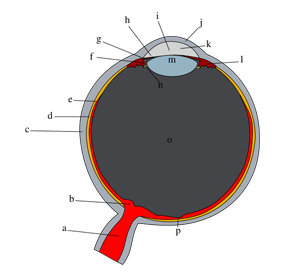 Irreducible complexity (IC) is the argument that certain biological systems are too complex to have evolved from simpler, or "less complete" predecessors, and are at the same time too complex to have arisen naturally through chance mutations. An "irreducibly complex" system is defined by the term's originator, biochemistry professor Michael J. Behe, as one "composed of several well-matched, interacting parts that contribute to the basic function, wherein the removal of any one of the parts causes the system to effectively cease functioning". These examples are said to demonstrate that modern biological forms could not have evolved naturally. The argument is used in a broader context to support the idea that an intelligent designer was involved, at some point, in the creation of life, against the theory of evolution which argues no designer is required. In a manner of speaking, the IC argument is a definition of the "designer", or at least "what was designed", a definition that has proven elusive in the past. The most common examples used in argument are the complexity of the eye (right), the Blood clotting cascade, or the motor in a cell's flagellum.
Irreducible complexity (IC) is the argument that certain biological systems are too complex to have evolved from simpler, or "less complete" predecessors, and are at the same time too complex to have arisen naturally through chance mutations. An "irreducibly complex" system is defined by the term's originator, biochemistry professor Michael J. Behe, as one "composed of several well-matched, interacting parts that contribute to the basic function, wherein the removal of any one of the parts causes the system to effectively cease functioning". These examples are said to demonstrate that modern biological forms could not have evolved naturally. The argument is used in a broader context to support the idea that an intelligent designer was involved, at some point, in the creation of life, against the theory of evolution which argues no designer is required. In a manner of speaking, the IC argument is a definition of the "designer", or at least "what was designed", a definition that has proven elusive in the past. The most common examples used in argument are the complexity of the eye (right), the Blood clotting cascade, or the motor in a cell's flagellum.The examples offered to support the irreducible complexity argument have generally been found to fail to meet the definition and intermediate precursor states have been identified for several structures purported to exhibit irreducible complexity.
More...


No comments:
Post a Comment